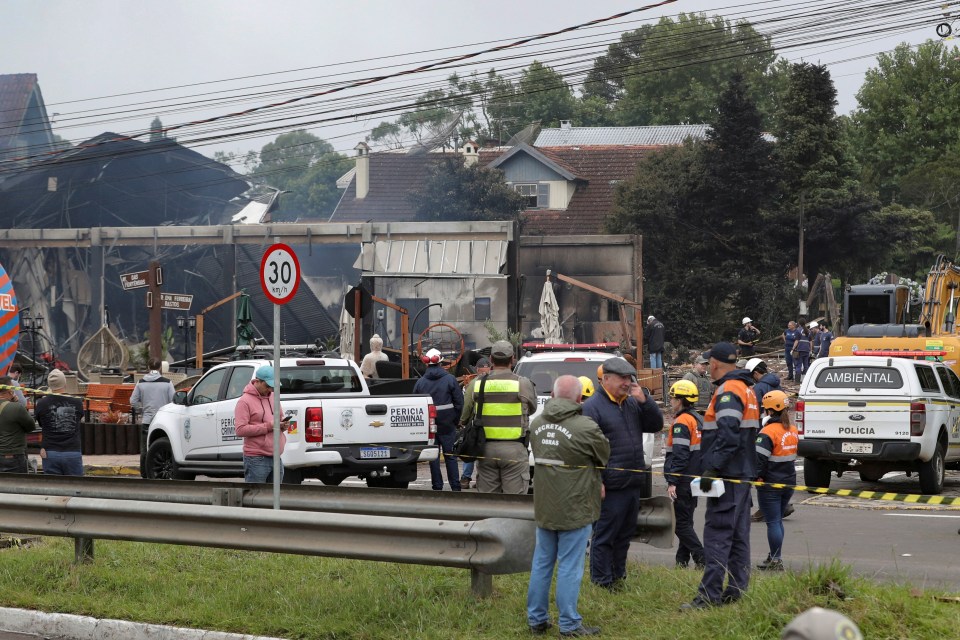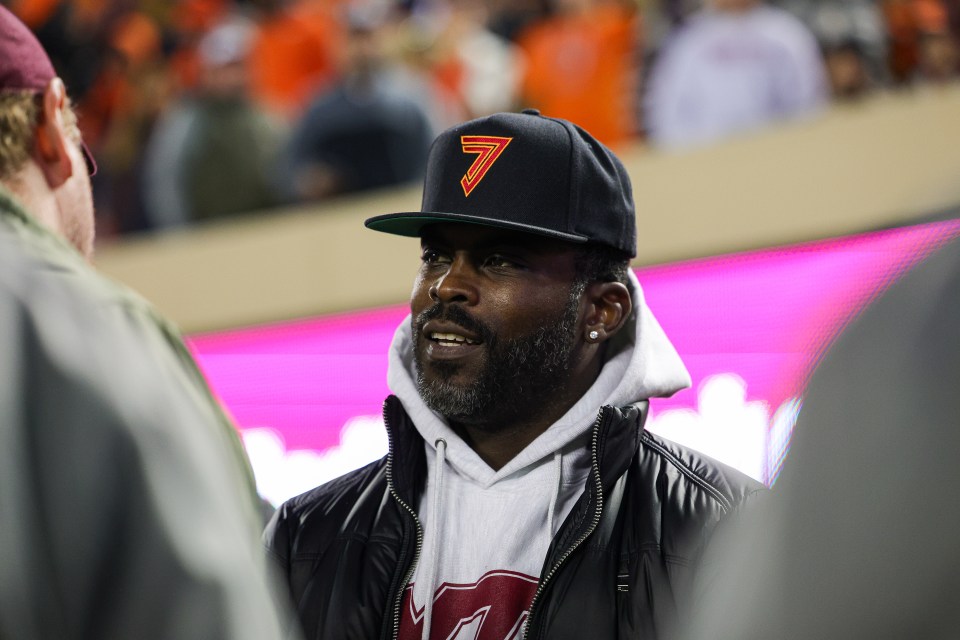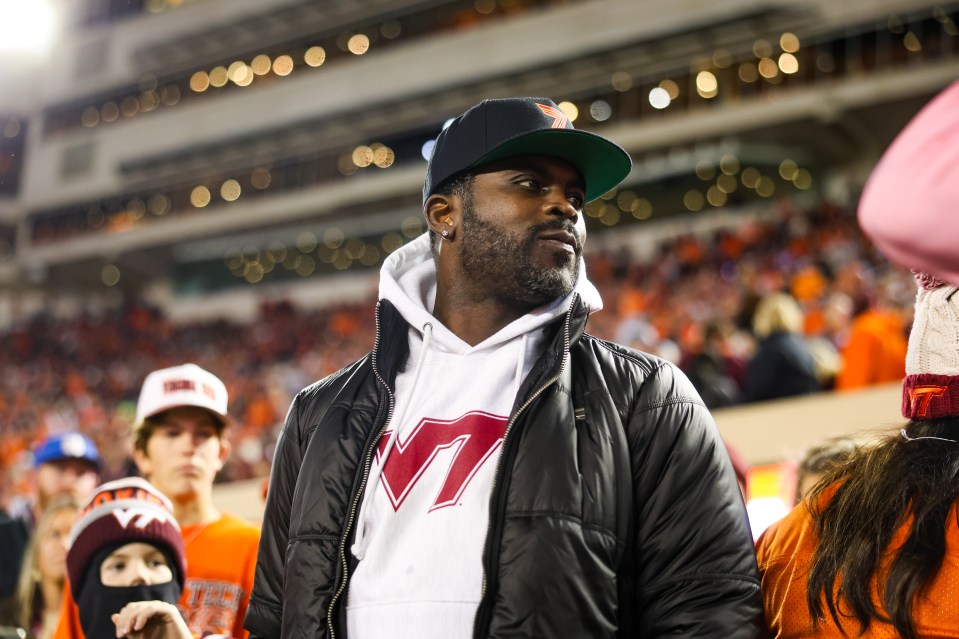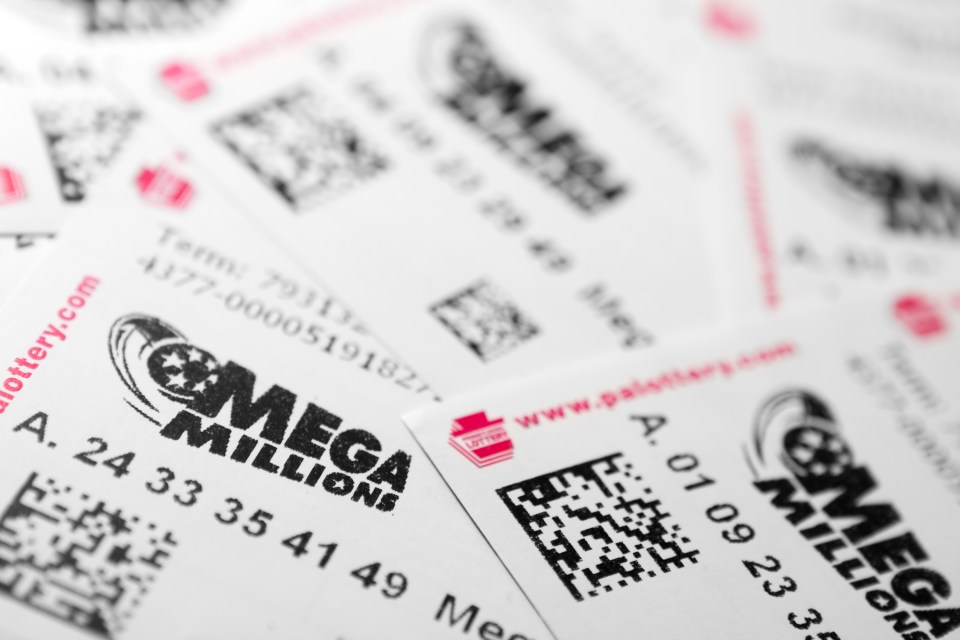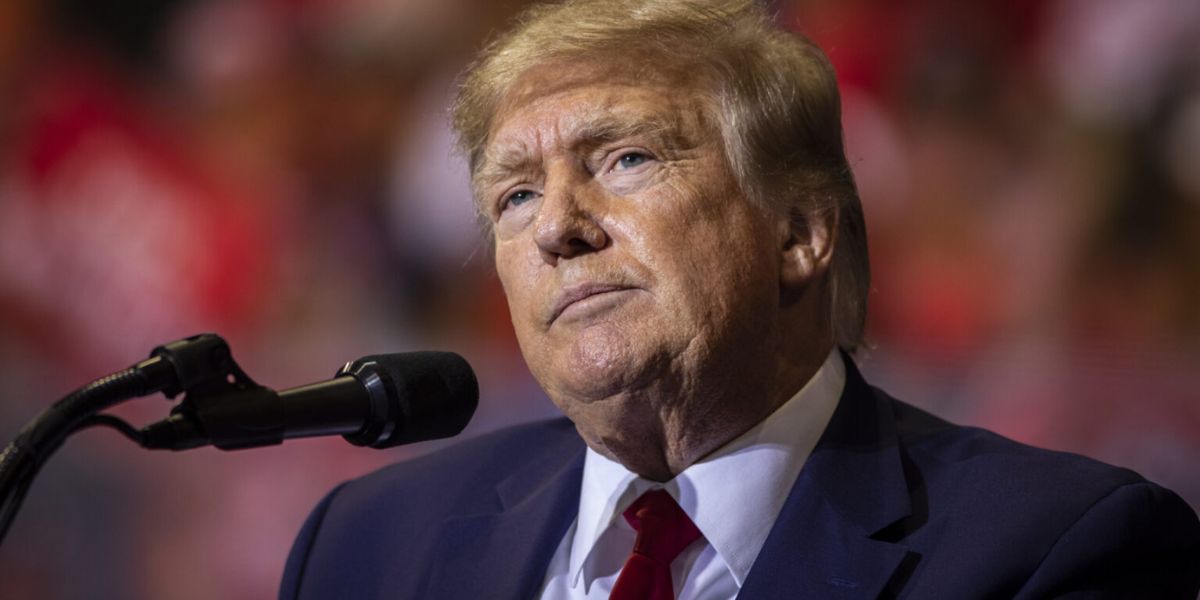Awaiting Justice: Supreme Court to Rule on Trump’s Federal Prosecution Immunity
The Supreme Court is hearing arguments this week on whether former President Donald Trump is immune from prosecution in a criminal complaint alleging him with attempting to change the 2020 election results.
In addition to potentially establishing a historic ruling on the scope of presidential power, the court’s decision — whenever it comes — will undoubtedly go a long way toward determining a trial date for Trump in one of the four criminal prosecutions against the presumptive Republican presidential nominee.
A speedy ruling in the Justice Department’s favor may potentially set the case up for trial this autumn. However, if the court takes until late June to rule on the issue, there is a good chance that the November presidential election will take place without a jury being asked to decide whether Trump is criminally responsible for efforts to undo an election he lost in the weeks leading up to the violent Jan. 6, 2021, riot at the US Capitol.
What is the Court’s Decision?
A simple but legally untested question: is a former president immune from federal prosecution for official acts? Trump is the first former president to face criminal charges, and his appeal marks the first time in the country’s history that the Supreme Court has had to rule on this subject.
While Justice Department protocol prevents indicting a serving president, there is no prohibition on charging a former president. According to Special Counsel Jack Smith’s team, the Founding Fathers never intended for presidents to be above the law, and the acts Trump is accused of — including participating in a scheme to enlist fake electors in battleground states won by President Joe Biden — are not part of a president’s official duties.
In contrast, Trump’s attorneys argue that previous presidents are entitled to absolute immunity. They warn of a potential torrent of indictments against former presidents if they are not granted immunity, and they argue that the office cannot function if the commander-in-chief is concerned about criminal charges. They also cite a recent Supreme Court decision that presidents are exempt from civil liability for official activities, arguing that the same logic should apply in a criminal situation.
How Did This Issue Reach the Court?
The Supreme Court will be the third panel of judges to address the issue in the previous six months. Last October, Trump’s lawyers requested that U.S. District Judge Tanya Chutkan, the trial judge overseeing the case, dismiss the indictment on presidential immunity grounds.
The judge flatly rejected Trump’s claims of full immunity, stating in December that the office of POTUS does not grant a “lifelong ‘get-out-of-jail-free’ pass.”
In February, an appeals court agreed, with a three-judge panel declaring that “former President Trump has become citizen Trump, with all of the defenses of any other criminal defendant.”
Trump filed an appeal with the Supreme Court, which, after several weeks, declared that it will review “whether and to what extent does a former President enjoy presidential immunity from criminal prosecution for conduct alleged to involve official acts while in office.”
What Are the Courts’ Options?
The justices have several options for how to decide the issue. They will most likely convene privately shortly after the arguments to take a preliminary vote on the outcome. If he is in the majority, Chief Justice John Roberts would be an excellent option to write the court’s opinion.
They might simply reject Trump’s immunity claim, allowing the prosecution to proceed and returning the case to Chutkan to schedule a trial.
They could also overturn lower court rulings, declaring for the first time that past presidents cannot be tried for conduct related to official acts while in office. Such a decision would halt the prosecution’s progress. There are other options, such as ruling that previous presidents have some immunity for their official activities, but that Trump’s actions go far beyond that boundary.
Another option is that the court remands the issue to Chutkan with the task of determining whether Trump’s purported actions to remain in power constitute official conduct.
A court decision in Trump’s favor should not influence the hush-money trial that is currently underway in New York, in part because the state-level lawsuit involves activities Trump performed before becoming president. And, while Trump’s lawyers have used the same immunity claim in a federal case in Florida charging him with hoarding confidential papers, that case accuses Trump of illegally storing the records and hindering efforts to recover them after he left office, rather than during his presidency.
How Will the Rule Affect a Trial Date?
The speed with which the court moves following arguments may be determined by the level of consensus among the justices. Unanimous opinions nearly often need less time to write than those that significantly divide the court.
If the justices find against Trump and in favor of the government, the matter would be returned to Chutkan, who would be given the authority to continue trial preparations and establish a trial date.
Any trial would still be some months away, due in part to Chutkan’s decision last December to effectively freeze the matter pending the outcome of Trump’s appeal. She is also committed to providing prosecutors and defense counsel time to prepare for trial if the case is returned to her court.
That implies that outstanding legal battles that have been unresolved for months will once again take center stage, as will fresh arguments and court fights that have yet to arise but will likewise occupy time on the schedule.
The trial is expected to last many months, and if it does not begin by August, it will most certainly clash with the election. Smith’s team has stated that the government’s case should take no more than four to six weeks, but this does not include any defense Trump may present. Jury selection alone might take weeks.
Why Does Trump Want to Delay the Trial?
The date of the trial, and whether Trump would be forced to appear in a Washington courtroom in the weeks running up to the election, has far-reaching political consequences.
If Trump wins the GOP nominee and defeats Biden in November, he may try to force a new attorney general to dismiss the federal cases against him, or he may even seek a pardon for himself – though this is a constitutionally unproven idea.
Smith’s team made no mention of the election in its brief urging the Supreme Court to reject Trump’s request to further delay the lawsuit. However, prosecutors stated that the case had “unique national importance,” and that “delay in the resolution of these charges threatens to frustrate the public interest in a speedy and fair verdict.”
Meanwhile, Trump has accused Smith of attempting to push the matter to trial for political purposes. In their statement with the Supreme Court, Trump’s lawyers stated that having the trial “at the height of election season will radically disrupt President Trump’s ability to campaign against President Biden — which appears to be the whole point of the Special Counsel’s persistent demands for expedition.”



